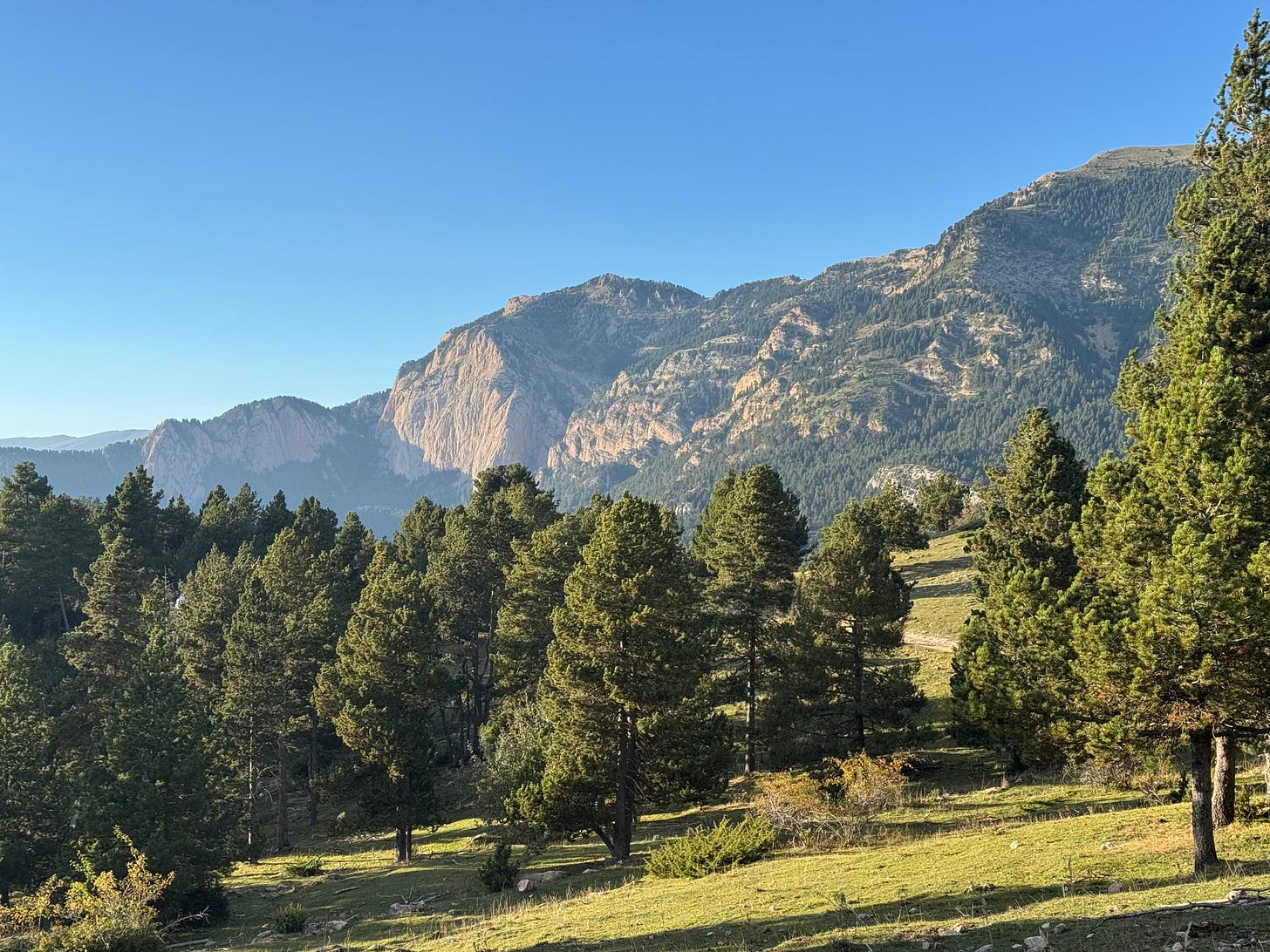Hello there!
I’m writing to you from the road trip my husband and I embarked on at the end of September, which is why I’ve been a bit quieter on social media and slower in responding to emails. However, I still wanted to send you a little something, and I hope you enjoy the read!
A lot of my setbacks on the recovery journey were very humbling moments, so I thought – why not write about it?
-
I feel this topic may resonate more with those who have been on this journey for a while and have experienced the ups and downs. For beginners who are still absorbing new information, it might not feel as relevant just yet. If that’s the case, checking out some other content, like this or this, may be more helpful. With that said, let’s begin!
-
When things were improving and I felt more empowered, sometimes pride would sneak in. I’d think, “I’ve got it! I’ve figured this out! I’ll never fall into the trap of problem-solving my sleep again.” Well, never say never. Almost without fail, within a couple of days of that prideful moment, I’d face some of my most disheartening setbacks, and I’d feel like I hadn’t made any progress at all.
My journey was filled with many “fake” recoveries and “fake” square ones. I call those recoveries fake not because I hadn’t made progress, but because the illusion of having found the ultimate answer to control my recovery was false.
By definition, recovery can’t be predicted or controlled. It’s a process that unfolds naturally as we learn to detach from the outcome. The more we try to “speedrun” recovery or find shortcuts, the more we tend to prolong it.
Eventually, I became mindful of the moments when I felt like I had the “solution“. When we truly stop seeing wakefulness, emotions, or thoughts as problems, the need for a “solution” drops organically – and peace settles in. How paradoxical!
The value of setbacks (as hard as they can be!) is that they strip away the illusion of control, allowing us to truly see that efforts to manage sleep are futile. How does surrender sleep happen, let’s say, at 7 a.m., after hours of trying to fall asleep? It’s when we realize there’s no point in trying anymore – and suddenly, sleep comes, because nothing is holding it back.
I couldn’t fake my surrender; I had to genuinely experience how futile my problem-solving was by hitting many speed bumps along the way. Eventually, it became clear that it took more energy to try and protect my “success” than it did to simply go through a sleepless night.
That’s why sleep confidence, which often feels like pride or even, in my case, cockiness, eventually lets us down. Humility, on the other hand, sets us free. We accept our humanness, with all its ups and downs. We give ourselves permission to hit a setback, even if we’ve come a long way (though we don’t have to like or enjoy setbacks!). We don’t see ourselves as better or worse than others, and we definitely don’t think we are somehow superior to the past version of ourselves who just started the journey. We accept and love ourselves not just when things are easy, but also when they’re hard.
That said, this isn’t about trying to suppress joy during the better days. It’s perfectly okay to feel good when we feel good! We don’t have to reject any emotion, including the pleasant ones. But we can stay mindful of the fact that even when sleep becomes easier, it’s not because we caused it through specific actions or tricks. Sleep comes on its own terms, and all we can do is trust that our bodies know what to do and when to do it.
Let me know if you found this letter helpful. ❤️
Cheers!
Alina
-





Sometimes I wonder what all the “teachings” are for when we finally realize sleep comes on its own terms. Our body/ brain will take care of it, and all we need to do is ‘trust’ and just let it go. Maybe my trust isn’t deep enough yet, and if that is the case, then all I can do is to love that….and let it go.